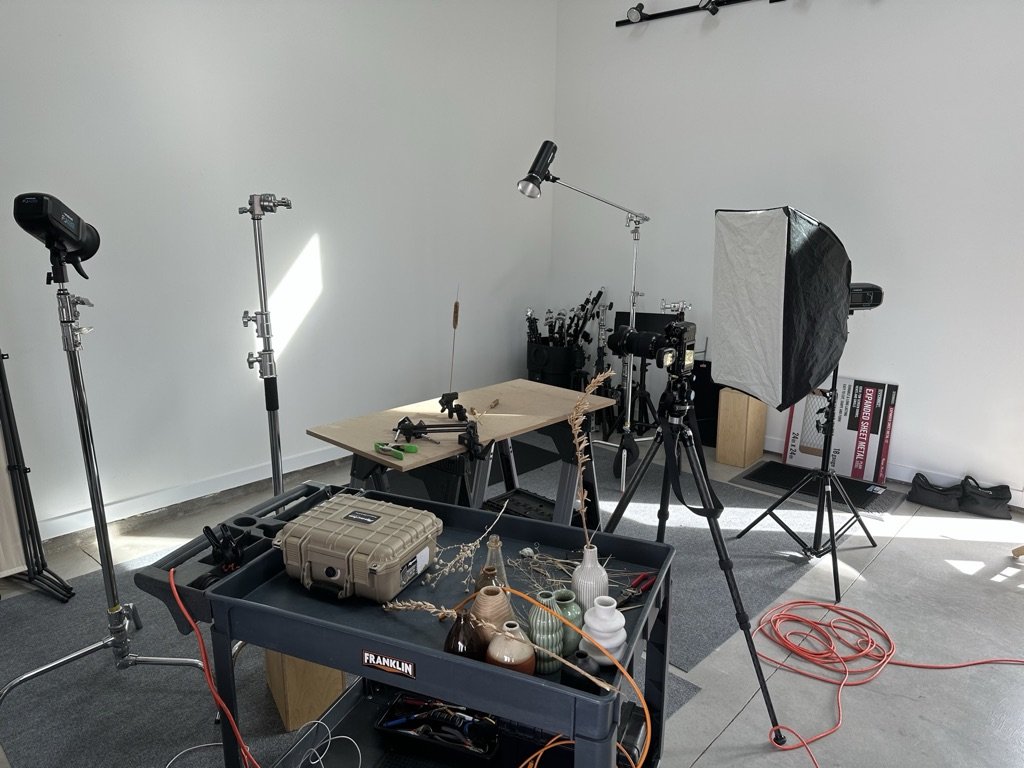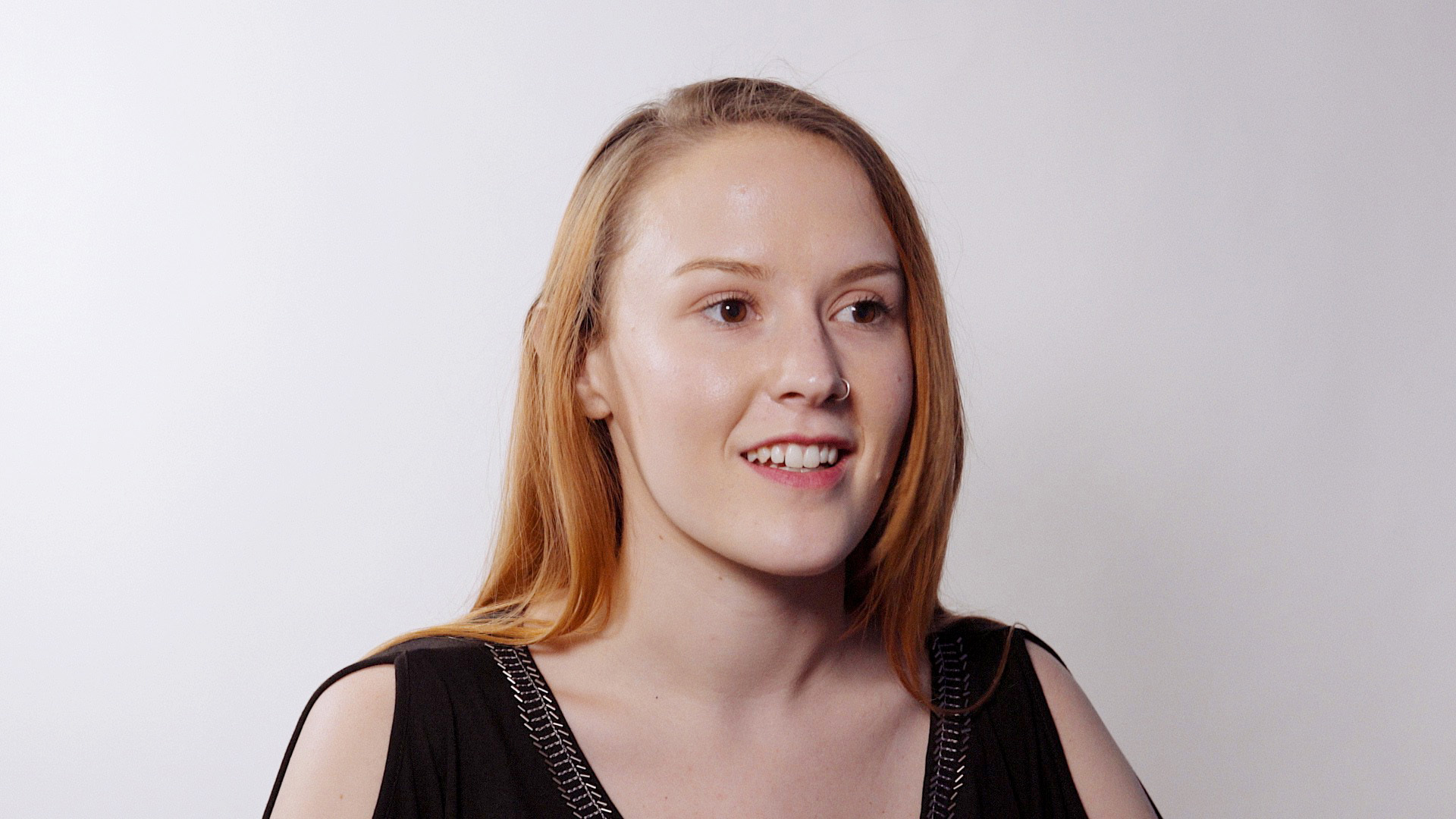Let's talk terms. No, not contracts, although that's important, too. I mean terminology. Language was developed so we could convey meaning and intent to one another and avoid confusion.
These are interesting times in the commercial art world. There has been a huge influx to all of the art industries in the past 15 years consisting of a broad mix of art school graduates and people moving on to a second career as graphic designers, art directors, photographers, etc. This is fine, all who have something to contribute are welcome, but this has really muddied the waters of standards. I have heard so many complaints from respected, old hands in the industry that young art directors, in particular, and clients in general just don't know what they are asking for. I heard one photographer tell a story of working with a young art director on a shoot who was trying to ask for a type of image but didn't know what to call it. He was asking for a "pan" which is when the camera swivels with a fast moving subject to keep the subject in focus while motion blurring the background. The art director called it "speed lines". If you're in the field it's not enough to describe something, you need to know the name.
Recently I was asked to send edited images. When I asked for clarification as to whether they meant retouched images I was informed that those words mean the same thing. Well, they don't. If that were true then someone should call the photo editor at the New York times and every other major publication and tell them that they are actually in charge of the retouching. Photo editors hire photographers and choose the images from the shoots that will appear in publication and send comments to the retouchers who work their magic.
This has a lot to do with the fact that clients don't know what we, as photographers, actually do. It's also further confused by the fact that in the modern industry so many people wear multiple hats. Professionals usually itemize their invoices to break down each step so the client knows where their money is going and how much time we are truly spending on the shoot. For every hour we spend on the shoot we generally spend two hours at the computer. Editing means to download your shoot, organize, catalog, "edit out" the rejects, rate your selects, make raw adjustments and output finals. Think of a copy editor who reads the piece and makes edits. They are removing the junk and refining the body of work. After the edit we retouch, which is an entirely different line item and billed at a different rate. It's not automatic that clients want to pay for retouching and it's not assumed to be included in the price of the job. Sometimes clients just want an unedited shoot which some people call a "shoot and burn", as in shoot the gig and burn raws to a DVD which the client would edit and retouch with their in-house staff. Now we just transfer everything online, so I guess we need a new name for that. "Shoot and send"?
Yes, many people do use the words "edit" and "retouch" interchangeably but that doesn't mean it's correct. Adobe Lightroom, Bridge and Capture One are photo editing software where we organize and make selects. Photoshop is an image manipulation program as it does a lot more than just retouch. Adobe is ecstatic that their program has become a verb, but let's avoid saying "can you photoshop out that power cord?". Photoshop will never appear as a line item on my invoice. Some people may think this is nit-picky and I'm just cranky. To which I say: "Guilty".
I admit, I went to art school for a graphic design degree and doubled in fine-art photography. I did not learn the proper terms there except for dark room development and camera operation. I started working professionally as a photographer's assistant at the age of 15 and I now have 19(!!) years in the industry with many years of apprenticeship under experienced professionals. This is where I really learned the craft. If I had to do it again I would completely skip college as it was an utter waste of time in terms of learning my trade, but it did pump up all of our egos and gift us with an inflated sense of self worth which was quickly crushed upon entering the job market. As a side note, not only is college way overpriced but the utter lack of content has made it irrelevant in many professions. Let's get on that! I do sympathize with new entrants to the field. For various reasons they weren't taught how to be professionals, run a business and communicate with colleagues, crew and clients. So let's make a small correction and understand that we need to respect the established standards and hold those up because without them we're just talking in circles.




























